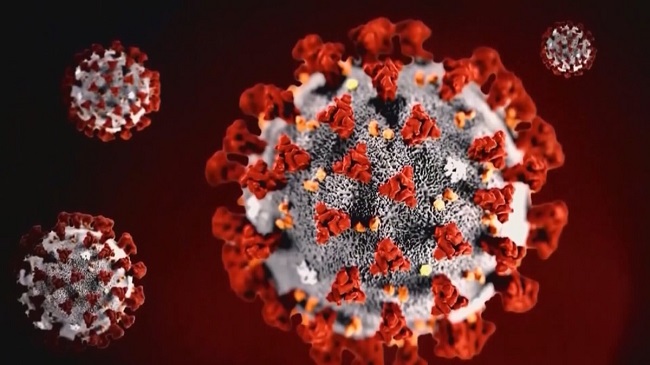Many SARS-CoV-2 infected patients will likely continue to produce antiviral antibodies for the rest of their lives. Scientists’ findings of long-lived antibody-producing cells in the bone marrow of COVID-191 survivors support this theory.
The results of this investigation show that immunity produced by SARS-CoV-2 infection will be quite durable. Moreover, “the implications are that vaccines will have the same permanent effect,” as immunologist Menno van Zelm of Monash University in Melbourne, Australia, puts it.

Antibodies
Antibodies proteins that can identify and aid to inactivate virus particles — constitute a major immunological defence. Plasmablasts, which are short-lived cells, are an early source of antibodies following a new infection.
However, these cells quickly disappear once the virus has been eliminated, and other, more long-lived cells produce antibodies: memory B cells monitor the blood for reinfection, and bone marrow plasma cells (BMPCs) remain dormant in the bones while secreting antibodies over the course of decades.
Ali Ellebedy, a B-cell immunologist at Washington University in St. Louis, Missouri, and the study’s leader, commented on the importance of plasma cells, saying, “A plasma cell is our life history, in terms of the pathogens we’ve been exposed to.” The work was published in Nature on May 24.
Most viral infections are thought to stimulate BMPC development, so scientists naturally assumed that SARS-CoV-2 infection would do the same. However, there are now hints that severe COVID-19 might interfere with BMPC formation2. Worries were further fueled by early studies of COVID-19 immunity, which showed a precipitous drop in antibody levels soon after recovery3.
Who had Recovered From COVID-19 Infections
In a study of 77 individuals who had recovered from COVID-19 infections, Ellebedy and colleagues measured the generation of antibodies. Antibodies against SARS-CoV-2 declined precipitously over the first four months after infection, as predicted. However, the rate of reduction slowed, and antibodies against the SARS-CoV-2 spike protein were still detectable 11 months after infection.
Ellebedy’s group took samples of memory B cells and bone marrow from a selection of subjects to determine where the antibodies originated. Most of these people still retained memory B cells that recognised SARS-CoV-2 seven months after developing symptoms. Ultra-low but measurable populations of BMPCs, whose development was induced by coronavirus infections 7-8 months prior, were detected in 15 of the 18 bone marrow samples studied. Levels of these cells were steady in all five people who submitted another bone-marrow sample many months later.
Last Words
Early evidence found by Ellebedy’s team suggests that Pfizer’s mRNA vaccination should result in the same cell production4. Long-term protection from COVID-19 cannot be guaranteed even with sustained antibody production, whether prompted by vaccination or infection. Additional immunizations may be required to restore levels, as some newly developing SARS-CoV-2 variants have been shown to reduce the protective benefits of antibodies. “I think we’re going to need a little extra juice here.”


















